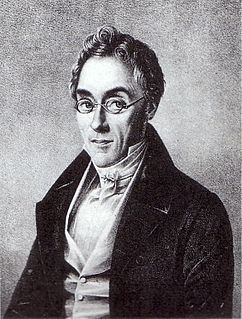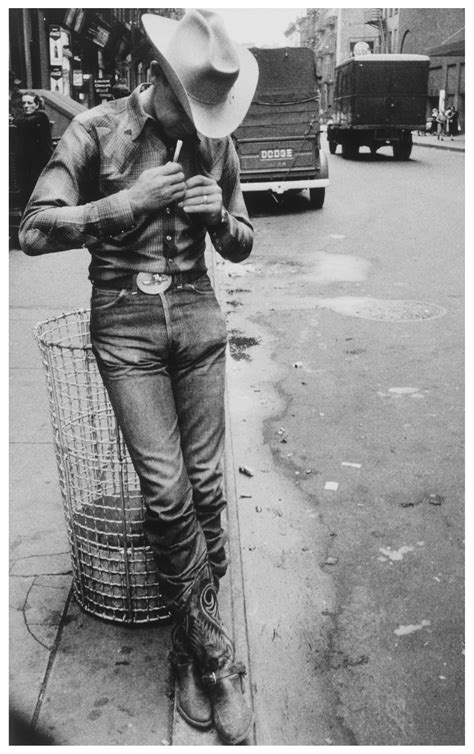A Quote by Adam Smith
Every individual necessarily labors to render the annual revenue of society as great as he can. He generally neither intends to promote the public interest, nor knows how much he is promoting it. He intends only his own gain, and he is, in this, as in many other cases, led by an invisible hand to promote an end which was not part of his intention.
Related Quotes
Every individual is continually exerting himself to find out the most advantageous employment for whatever capital he can command. It is his own advantage, indeed, and not that of the society which he has in view. But the study of his own advantage naturally, or rather necessarily, leads him to prefer that employment which is most advantageous to society... He intends only his own gain, and he is in this, as in many other cases, led by an invisible hand to promote an end which was not part of his intention
People who intend only to seek their own benefit are “led by an invisible hand to serve a public interest which was no part of” their intention. I say that there is a reverse invisible hand: People who intend to serve only the public interest are led by an invisible hand to serve private interests which was no part of their intention.
Both ground- rents and the ordinary rent of land are a species of revenue which the owner, in many cases, enjoys without any care or attention of his own. The annual produce of the land and labour of the society, the real wealth and revenue of the great body of the people, might be the same after such a tax as before. Ground-rents, and the ordinary rent of land are, therefore, perhaps the species of revenue which can best bear to have a peculiar tax imposed upon them.
The man whose bosom neither riches nor luxury nor grandeur can render happy may, with a book in his hand, forget all his torments under the friendly shade of every tree; and experience pleasures as infinite as they are varied, as pure as they are lasting, as lively as they are unfading, and as compatible with every public duty as they are contributory to private happiness.
The intentions of a tool are what it does. A hammer intends to strike, a vise intends to hold fast, a lever intends to lift. They are what it is made for. But sometimes a tool may have other uses that you don't know. Sometimes in doing what you intend, you also do what the knife intends, without knowing.
All socialism involves slavery.... That which fundamentally distinguishes the slave is that he labors under coercion to satisfy another's desires. The relation admits of many gradations. Oppressive taxation is a form of slavery of the individual to the community as a whole. The essential question is -- How much is he compelled to labor for other benefit than his own, and how much can he labor for his own benefit?
The man who is wantonly profuse of his promises ought to sink his credit as much as a tradesman would by uttering a great number of promissory notes payable at a distant day. The truest conclusion in both cases is, that neither intend or will be able to pay. And as the latter most probably intends to cheat you of your money, so the former at least designs to cheat you of your thanks.
Harvey sought for truth in Truth's own book- Creation - which by God himself was writ;And wisely thought 'twas fitNot to read comments only upon it,But on th' original itself to look.Methinks in Art's great circle others standLock'd up together hand in hand:Every one leads as he is led,The same bare path they tread,A dance like that of Fairies, a fantastic round,With neither change of motion nor of ground.Had Harvey to this road confined his wit,His noble circle of the blood had been untrodden yet.
In the performance of an illocutionary act in the literal utterance of a sentence, the speaker intends to produce a certain effect by means of getting the hearer to recognize his intention to produce that effect; and furthermore, if he is using the words literally, he intends this recognition to be achieved in virtue of the fact that the rules for using the expressions he utters associate the expression with the production of that effect.
As the great naturalist Charles Darwin saw clearly, individual and collective interests often coincide, as in the invisible hand narrative. But he also saw that in many other cases, interests at the two levels are squarely in conflict, and that in those cases, individual interests generally trump. That simple observation suggests that market failure is often the result not of insufficient competition (the traditional charge from social critics on the Left), but of the very logic of competition itself.































